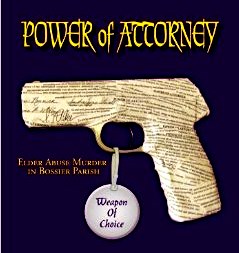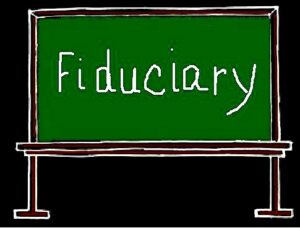
Trevor Todd and Jackson todd have handled contested estates for over sixty combined years, including breach of fiduciary duties of powers of attorney.
Meng Estate v Liem 2019 BCCA 127 confirmed that a person acting under a power of attorney is an agent held to the standard of conduct to which equity holds a fiduciary.
Those obligations involved, at least, that even where the attorney asked gratuitously, he or she has a duty to account, to exercise reasonable care, as would a typically prudent person managing his or her own affairs, and not to act contrary to the interests of the donor McMullen v Webber 2006 BCSC 1656 at para.52.
A claim for breach of fiduciary duty carries with it the staunch of dishonesty, if not of deceit, then of constructive fraud. Nocton v Lord Ashburton (1914) AC 932(HL)
The appeal court overturned a finding of a breach of fiduciary duty by the acting attorney and stated that even though Mr.Liem was in a fiduciary relationship with the opposing party, not every potential breach of duty is a breach of fiduciary duty. The court found
A fiduciary may breach duties owed in contract or negligence without those breaches being transformed into breaches of fiduciary duty. Girardet v Crease & Co. (1987) 11 BCLR (2d) 361 .
At paragraph 35 the appeal court stated “typically, a breach of fiduciary duty captures circumstances in which there is a breach of the duty of loyalty owed by the fiduciary and include circumstances involving acting in the face of a conflict, preferring a personal interest, taking a secret profit, acting dishonestly or in bad faith, or a variety of similar or related circumstances. This is not an exhaustive list.”
But there are criteria for distinguishing a breach of fiduciary duty from negligence by the attorney .
The court found that there was no basis in evidence to find that the appellant acted dishonestly or in the face of a conflict of interest, forwarded the wishes of the opposing party, preferred his interest to theirs, or in any way benefited from signing the contract. The court found that he attempted to fulfill his duty of loyalty.
The court determined that the real complaint was that the attorney failed to exercise the care, diligence and skill of a reasonably prudent person by negligently failing to ascertain and thereby take into account the opposing parties current wishes, resulting in the sale that was not in their best interest because they changed their minds and then disagreed with the price.
The claim was really one of negligence, not of breach of fiduciary duty.
The duties of an attorney are codified in section 19 of the Power of Attorney act:
1) an attorney must:
a) act honestly and in good faith
b) exercise the care, diligence and skill of a reasonably prudent person,
c) act within the authority given in the enduring power of attorney and under any an enactment, and
d) keep prescribed records and produce the prescribed records for inspection and copying at the request of the adult.
2) When managing and making decisions about the adults financial affairs, an attorney must act in the adult’s best interests, taking into account the adults current wishes, no one beliefs and values, and any directions to the attorney said out in the enduring power of attorney.




